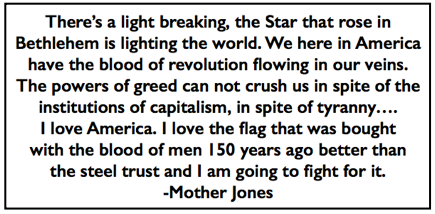 ———-
———-
Hellraisers Journal – Wednesday January 14, 1920
Altoona, Pennsylvania – Mother Jones Speaks at Mishler Theater, Part I
From the Altoona Times Tribune of January 12, 1920:
Mother Jones Elucidates Theories To Altoona Audience
[Part I of II.]
Yesterday afternoon shortly after 2:30 o’clock, the crowd of workingmen and their women folks who had assembled at the Mishler theatre, were given the privilege of seeing Mother Jones in the flesh and of hearing her speak. At that moment there appeared upon the platform a silver haired motherly looking woman in black, wearing a flowing white lace jabot. Looking on her self-composed, benign countenance, the wonder struck one. Is this the Mother Jones who has created a furore in the whole world, whose impassioned waging of her cause for full economical rights of the working man has caused kings of finance to tremble in fear and who by her own admission says she wants “to raise Hell”?
But a second glance at that sturdy upright figure and one recognized a presence that radiates a dynamic force and vitality which gives the impression that it could conquer all obstacles no matter how great. Her strength and power in look and speech bely that 90th mile stone, which she said would reach May 1 of 1920, by many years.
Introduced by Pres. Charles Kutz, of Machinist Union No. 1008, Mother Jones wasted no time in digression but at once launched upon her theme by saying that this is the great year in the turning tide of oppression. For centuries the greatest agitators were murdered and driven off the earth through the power of money.
CITES CARTHAGE AGITATOR
Referring, by way of illustrations, to the time in Carthage when the rulers feared annihilation at the hands of the agitators, she detailed the incident of the leading one who was brought before the rulers. Asked, “Who are you?” he replied, “I am a man, a member of the human family.” “Why do you persist in this sedition?” “I belong to a class that through the progression of time has been murdered, maligned, imprisoned, roasted and tyrannized over.”


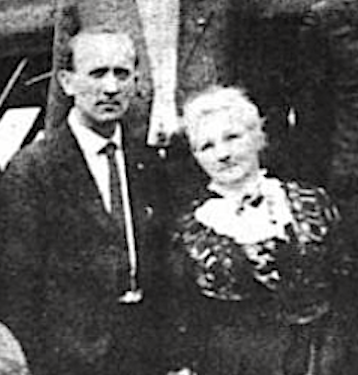
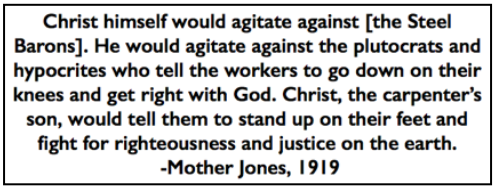 ———-
———-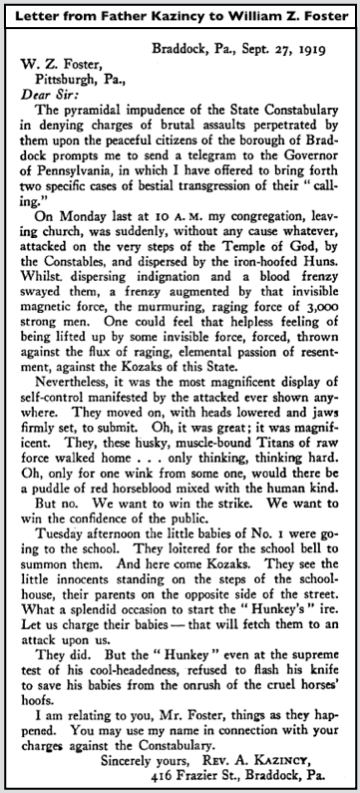
 ———-
———-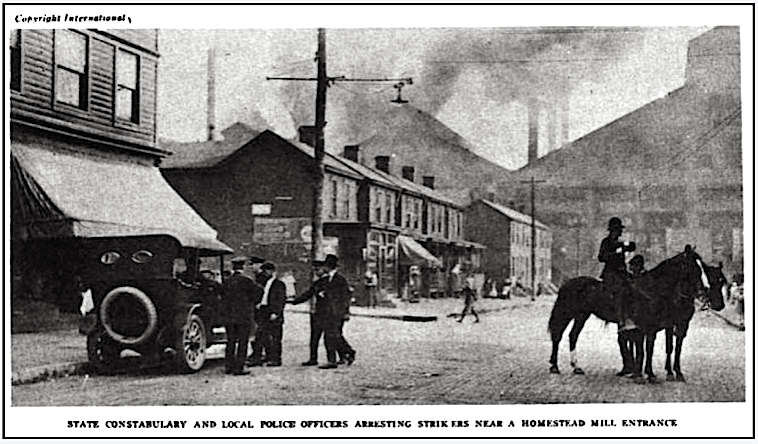 —–
—– ———-
———-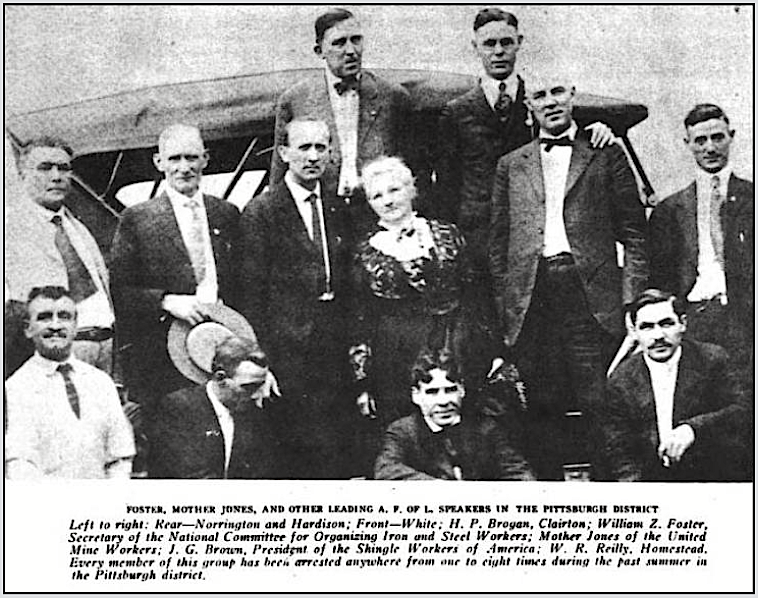
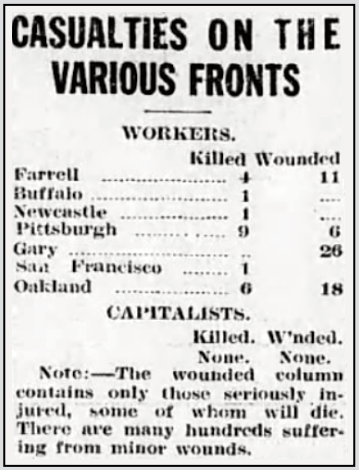
 ———-
———-
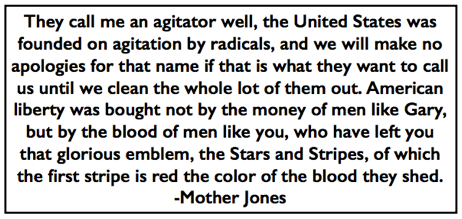 ———-
———-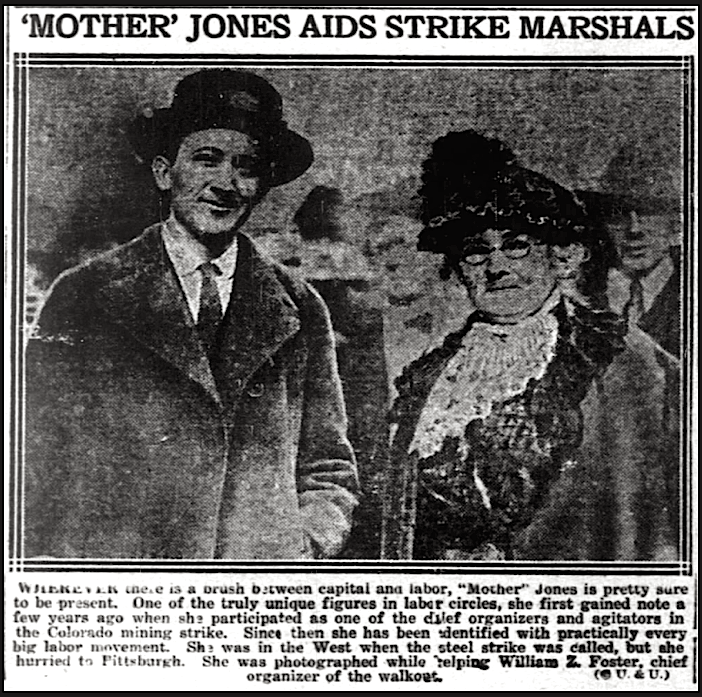
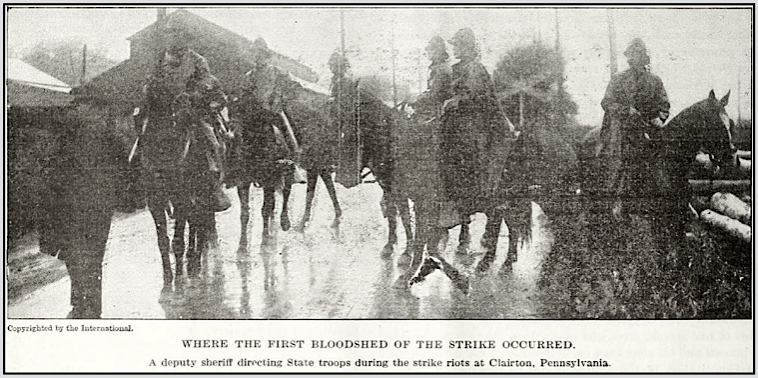
 ———-
———-